Climate scientists increasingly point to “tipping points”, thresholds that when crossed lead to large and irreversible changes in the climate system.
I wonder if we may be approaching a societal tipping point in terms of the recognition of climate change, its impacts, and the need for concerted action and societal change.
A crucial question we ask our sustainable development students to consider is: “What role can the businesses anchored in our communities play in this change?”
Defining the challenge
Sustainable development is commonly described as “development that meets the needs of the present generation without compromising the ability of future generations to meets theirs”.
This aim has never been under greater strain. Globally, we must recognise that some people, including many of us in Scotland, already have what we need and much more besides.
However uncomfortable it may be to admit it, our share of the global extraction of resources and energy has contributed to a changing climate. If it continues unaltered, it presents a risk to future generations.
But it’s not all doom and gloom. By recognising the challenges facing us and working together, businesses, people and communities can help to redress this and restore balance to the relationship between our economy, society and environment, particularly on a local scale.
Sustainability and moves to act in a greener, fairer and less wasteful way must not be seen as an additional burden on businesses, but rather an opportunity, and a way to ensure their own longevity and viability in a changing world.
Community wealth building, one of the Scottish Government’s emerging economic development approaches, offers one such opportunity. Employers have a critical role as so called “anchor institutions” in such a vision. The approach aims to maximise community resilience and prosperity through, among other things, encouraging more local supply chains, promoting fair work opportunities and supporting firms to take part in local procurement contracts.
This is an excellent opportunity for businesses to think more locally in terms of their resources, business model and employees, helping to future-proof against disruption as a result of climate change.
Sustainability for business also means being able to adapt to the transformations that a changing climate will bring to our globalised economy. The kind of disruption we have seen to supply chains in recent times is expected to become more regular as climate extremes worsen.
While every business is now aware of the need to reduce carbon emissions and consider alternative energy solutions, sustainability is much more than this. Firms need to consider resource use, waste, transport and environmental impacts, and employ a whole system approach, rather than just think sector by sector or of part of a business.
It’s already happening here in the Outer Hebrides
Many have already considered these issues and embedded sustainability into their business model.
Take Sandwick Bay Candles, which uses soya wax – rather than oil-derived paraffin wax – for its candles and wraps them in 100% recyclable packing. Or Hebridean Charcuterie, which uses locally sourced, “wild and free” goose and pork to prepare its salami, with zero plastic packaging. Or North Uist Distillery, which has been taking steps to become B Corp certified, highlighting its social and environmental performance, while also composting its waste botanicals and taking part in No Mow May.
These businesses in the Outer Hebrides all think globally but act locally to reduce their environmental impact and maximise their positive social role.
Our Sustainable Development team at UHI North, West and Hebrides, along with colleagues across UHI, are always thinking about how we can help more businesses and community organisations to do the same.
UHI sustainable development alumni are already embedded in a wide range of organisations facing the challenge head on, from Scottish Government-funded Carbon Neutral Islands projects and climate “hubs” to grassroots local community development trusts, tourism organisations, IT businesses and energy initiatives. Our courses place the vision of a sustainable future front and centre, and we take great heart from following the progress made by these new leaders in their businesses and communities.
Putting theory into practice
Our lecturing team are also involved in local initiatives putting theory into practice; one colleague has set up a waste reduction social enterprise, while another embraces communal working and sustainable agriculture practices as a new entrant croft tenant.
We run upskilling certified short courses to help those in work study online to learn more about sustainable development, the climate emergency and rural community development. And as part of the Islands Growth Deal we are helping to develop the TalEntEd Islands Programme, an opportunity to pilot further work-based learning opportunities in sustainability to meet the needs of islands business and employees in their journey towards net-zero.
We can all do our bit to help find solutions for a better and more sustainable society, and businesses embedded in communities are at the heart of the innovation required to get us there. Thinking locally is a good start, making small changes which can lead to larger system changes, with the destination as yet unknown but shaped by us all.
Change can be scary, but is also an opportunity for a new and better way of doing things. Business has a critical role to play in shaping the economy and society of a sustainable future.
Eilidh MacPhail is based in the Western Isles for the University of the Highlands and Islands (UHI) North, West and Hebrides. She is programme leader for the university’s BA (Hons) degree in sustainable development.
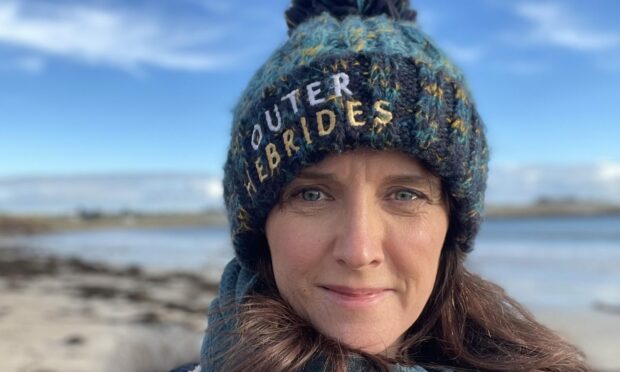

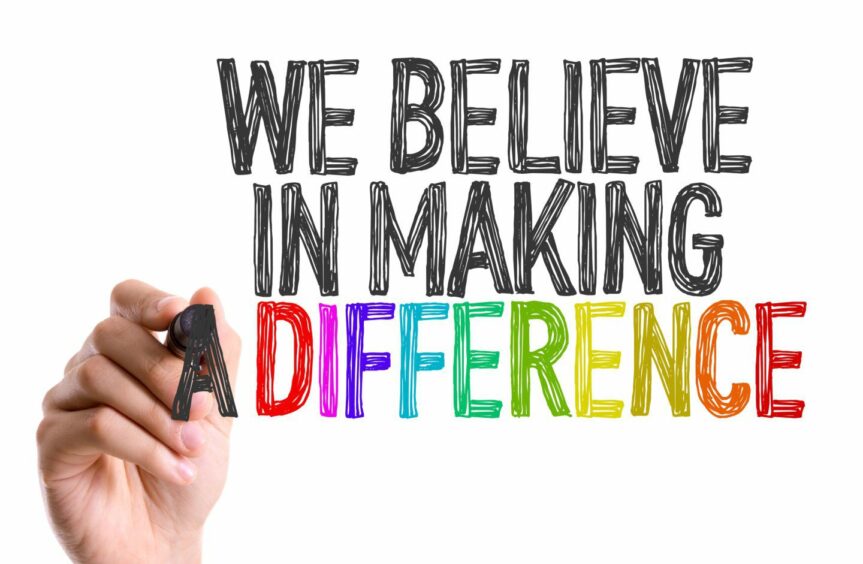
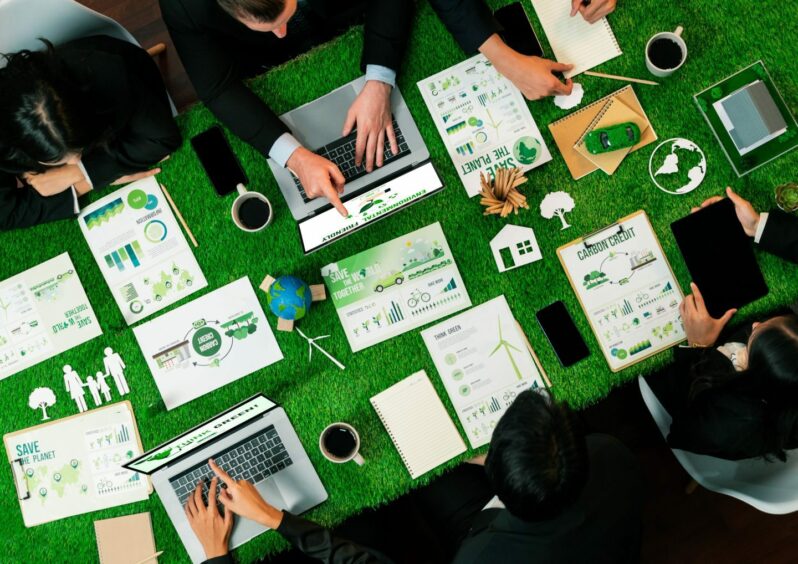
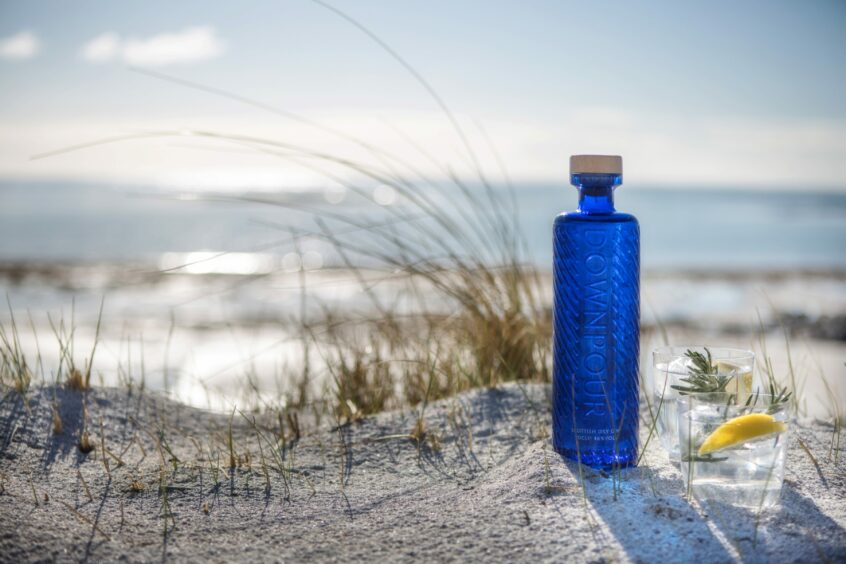
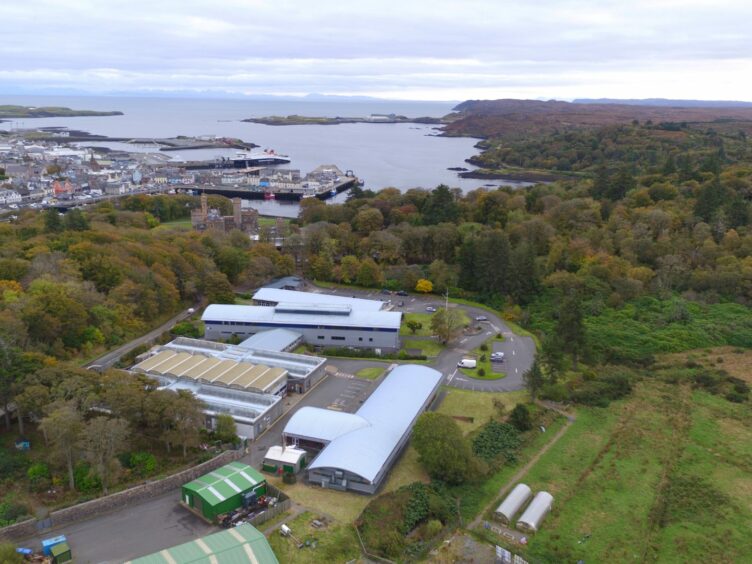
Conversation